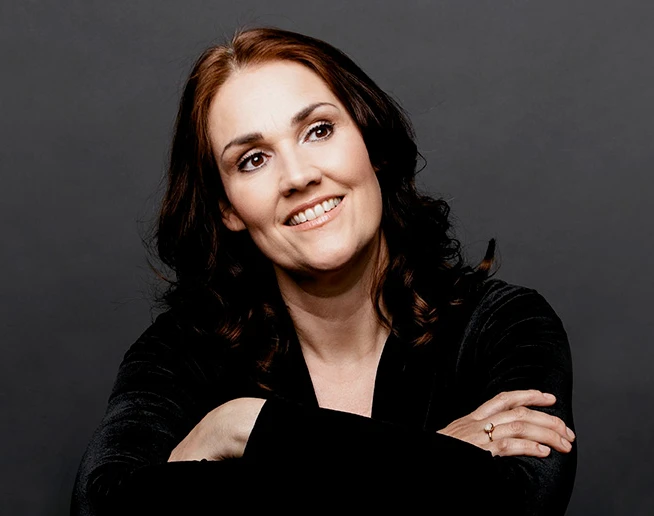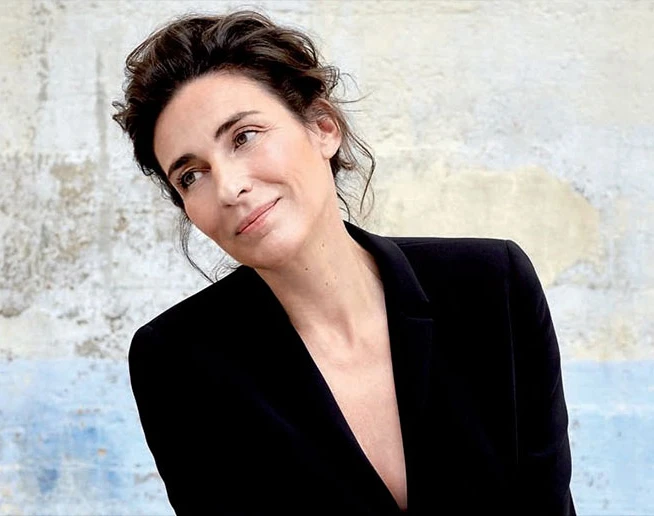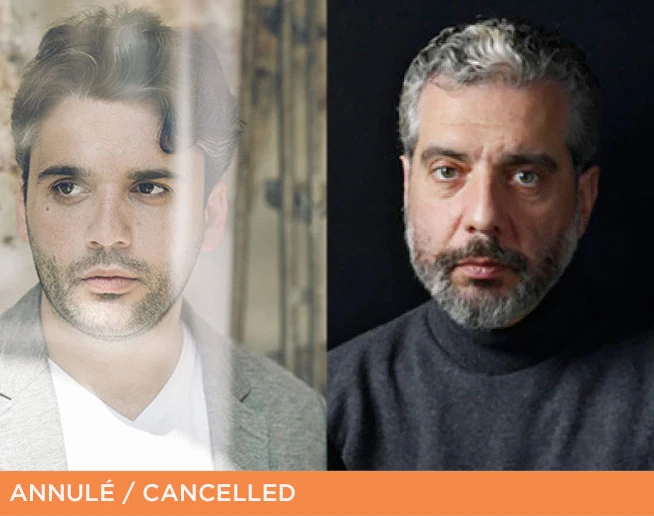Thésée
Jean-Baptiste Lully
The art of lyric tragedy in the French style in which Lully’s music is a natural pairing for Quinault’s verses.
Dates
Mathias Vidal | Thésée
Karine Deshayes | Médée
Deborah Cachet | Aeglé
Marie Lys | Cléone / Cérès / A shepherdess
Bénédicte Tauran | Minerve / La Grande Prêtresse de Minerve / A divinity
Thaïs Raï-Westphal | Dorine / Venus / A shepherdess / A divinity
Robert Getchell | Bacchus / A pleasure / A shepherd / An old man / A divinity / Un jeu
Fabien Hyon | A Pleasure / An Old man / A combatant / A divinity / Un jeu
Philippe Estèphe | Egée
Guilhem Worms | Arcas / Mars / A pleasure / Un jeu
Christophe Rousset | direction
Les Talens Lyriques
Chœur de chambre de Namur | direction Thibaut Lenaerts
Sung in French with French and English subtitles
About
We owe the invention of lyric tragedy which dominated the French opera world for over a century to the Florentine composer Giovanni Battista Lulli. Although his early works (Cadmus, Alceste) still bear the traces of the blend of registers which existed at the time, notably the Italian influence, Thésée stands out as the first opus in what would become a highly codified form: an overture in the French style, an allegorical prologue praising the king, and five acts illustrating a heroic subject. The extremely concise libretto cuts straight to the chase and achieves an unprecedented unity of tone and dramatic tension. The libretto by Quinault, a superbly effective stage writer, makes a major contribution to the success of the work. The clarity of the poet’s verse is an obvious and perfect match for Lully’s music. Christophe Rousset pursues his exploration of the Lully corpus with a team of soloists equally well versed in the art of declamation and singing
Production Théâtre des Champs-Elysées


